
Are ALL Vegetables Healthy?
Just because something’s green or came from the produce section doesn’t automatically make it the best choice for your plate. Some veggies might look super healthy on the outside but lose their nutritional charm when cooked a certain way, eaten in huge quantities, or paired with heavy toppings. Others are just not as nutrient-dense as their reputation suggests.
Here are 17 vegetables that might not be as healthy as they seem once you look a little closer.
1. Potatoes
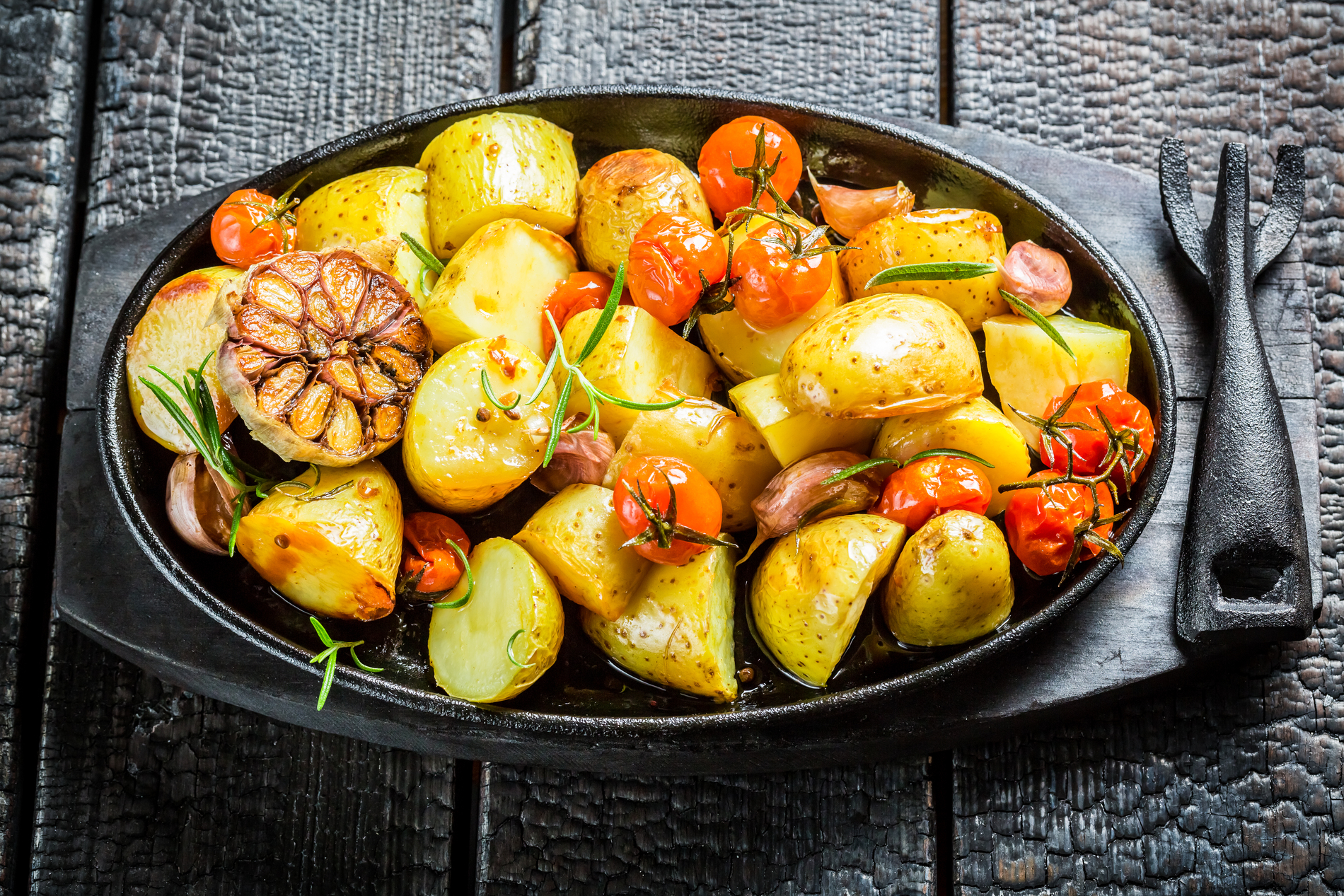
Yes, they’re a vegetable. But white potatoes are super starchy and high in carbs, which quickly raise blood sugar levels. When they’re mashed with butter, fried, or turned into chips, they lose nearly all their nutritional edge.
2. Corn
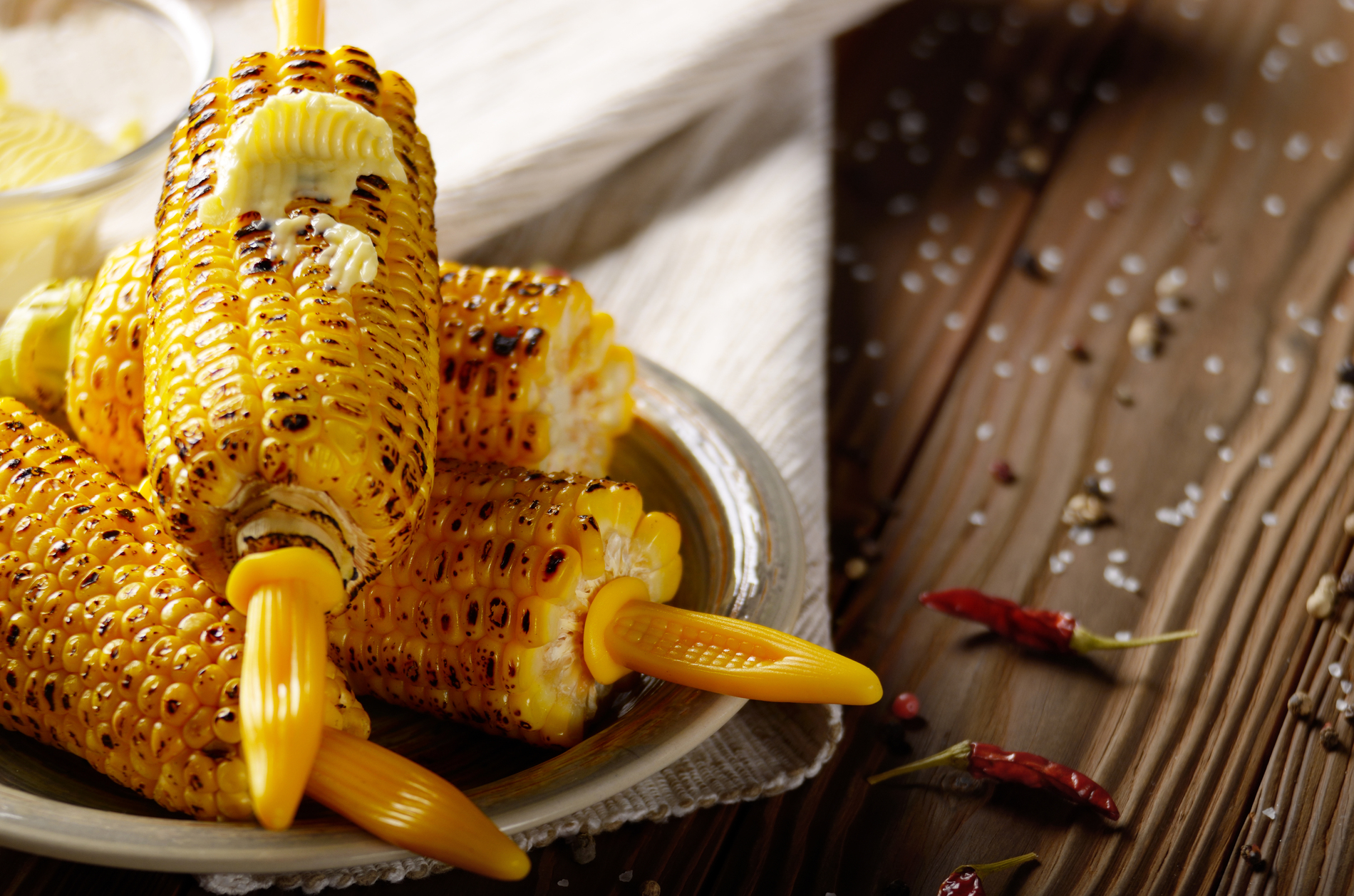
Fresh corn on the cob is fun in summer, but corn is actually a grain and not a leafy veggie. It’s high in natural sugars and starch, and it digests quickly, which can spike your blood sugar. Canned or processed corn also often comes with added sodium.
3. Peas
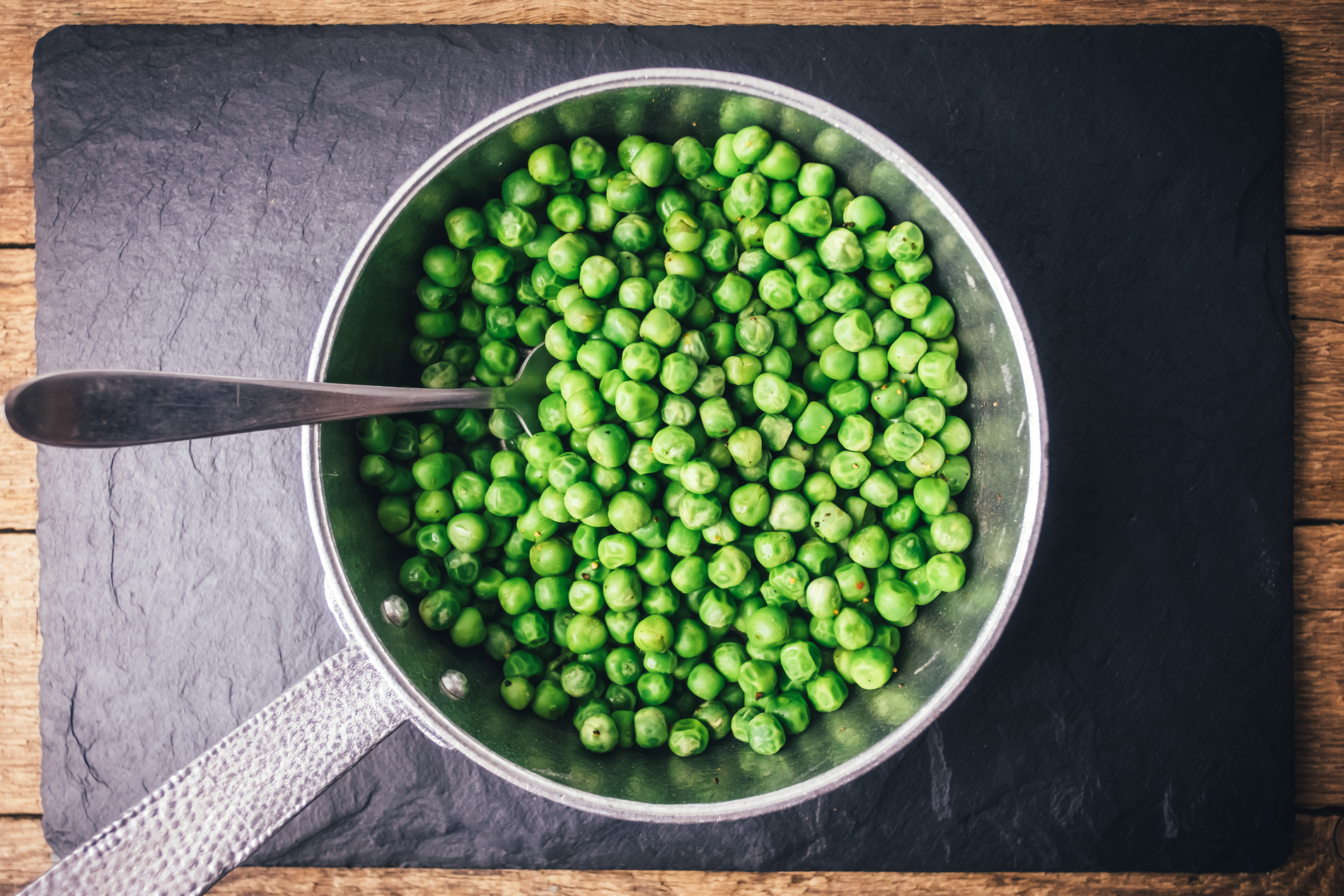
Peas are sweet and tasty, but they’re higher in carbs compared to other green veggies. A cup of peas has about 20 grams of carbs, which is closer to a starch than a non-starchy vegetable.
4. Vegetable Juice

It might sound healthy, but a lot of veggie juices have added sodium, lose fiber during processing, and include hidden sugars when mixed with fruit. You’re better off eating your vegetables whole and fresh.
5. Fried Veggies

Anything that’s deep-fried loses its nutritional value fast. Fried zucchini, tempura broccoli, or veggie chips sound healthier than fries, but they still carry all the oil, calories, and salt.
6. Canned Vegetables
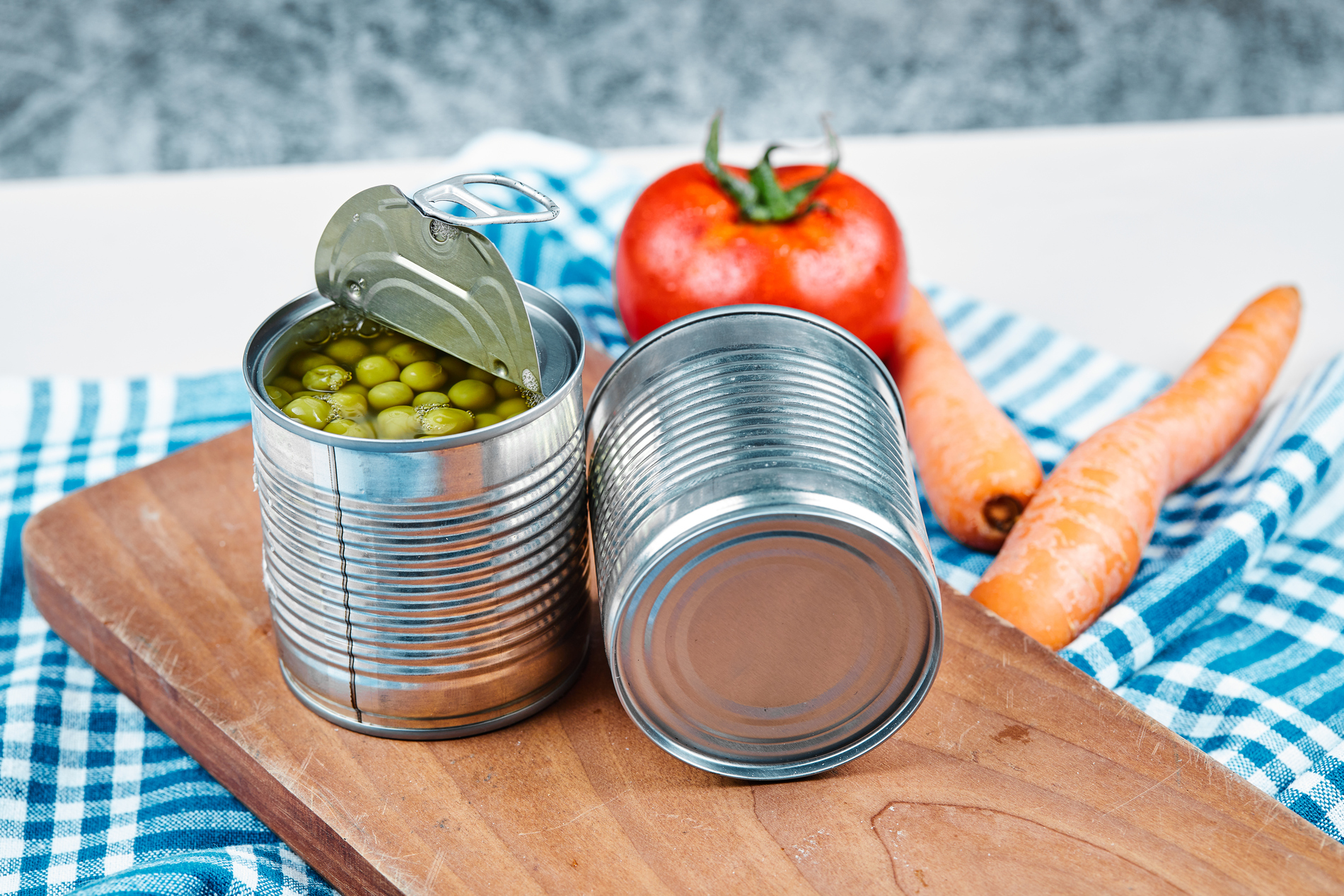
While they’re convenient, canned veggies are often loaded with sodium and sometimes preservatives. Long-term, all that extra salt can affect your blood pressure and hydration levels. Rinsing helps, but fresh or frozen is usually better.
7. Beets

Beets are packed with antioxidants, but they’re also high in sugar compared to other root vegetables. If you’re watching blood sugar levels, especially for diabetes or insulin sensitivity, it’s something to be mindful of.
8. Pumpkin

Pumpkin itself isn’t bad, but most people eat it in pies or lattes loaded with sugar and cream. If it’s coming from a can, it often includes added sugars or is used in recipes that cancel out its natural benefits.
9. Eggplant
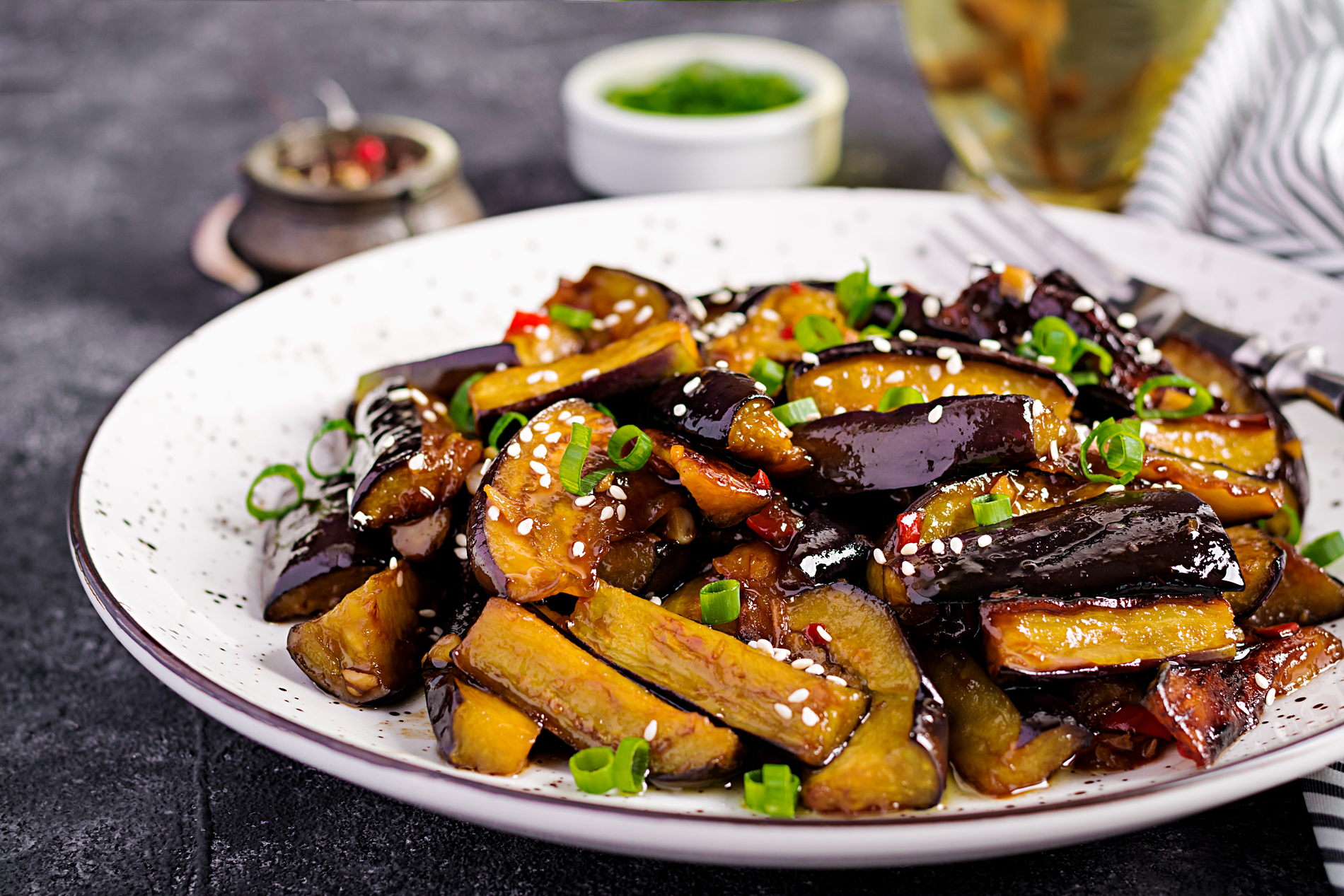
Eggplant has fiber and antioxidants, but it soaks up oil like a sponge. In recipes like eggplant parmesan or fried slices, it ends up being more about fat than nutrition. Roasting with minimal oil is a better way to go.
10. Carrots

Carrots are good in moderation, but they’re on the higher end when it comes to natural sugar. Juicing them or eating large amounts frequently could spike blood sugar more than you’d think.
11. Store-Bought Coleslaw Mix

Cabbage on its own is healthy, but pre-mixed coleslaw blends often include creamy, sugary dressings. That turns a simple veggie dish into a calorie-heavy side that’s more mayo than cabbage.
12. Onions
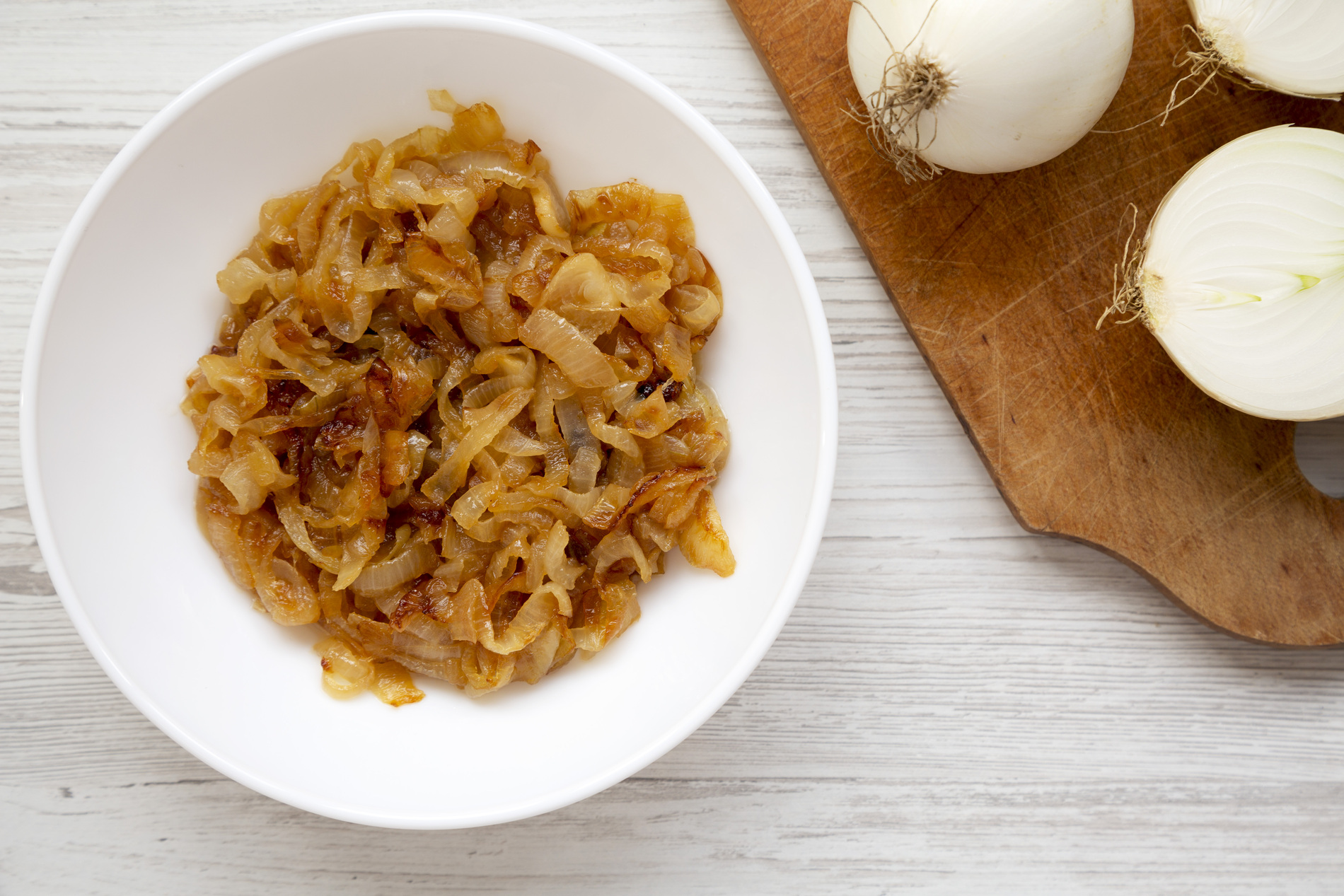
Onions aren’t bad, but they’re often used in large quantities to add flavor, and they can be high in natural sugars. Caramelizing them adds even more sugar through the cooking process.
13. Frozen Veggie Dishes with Sauce
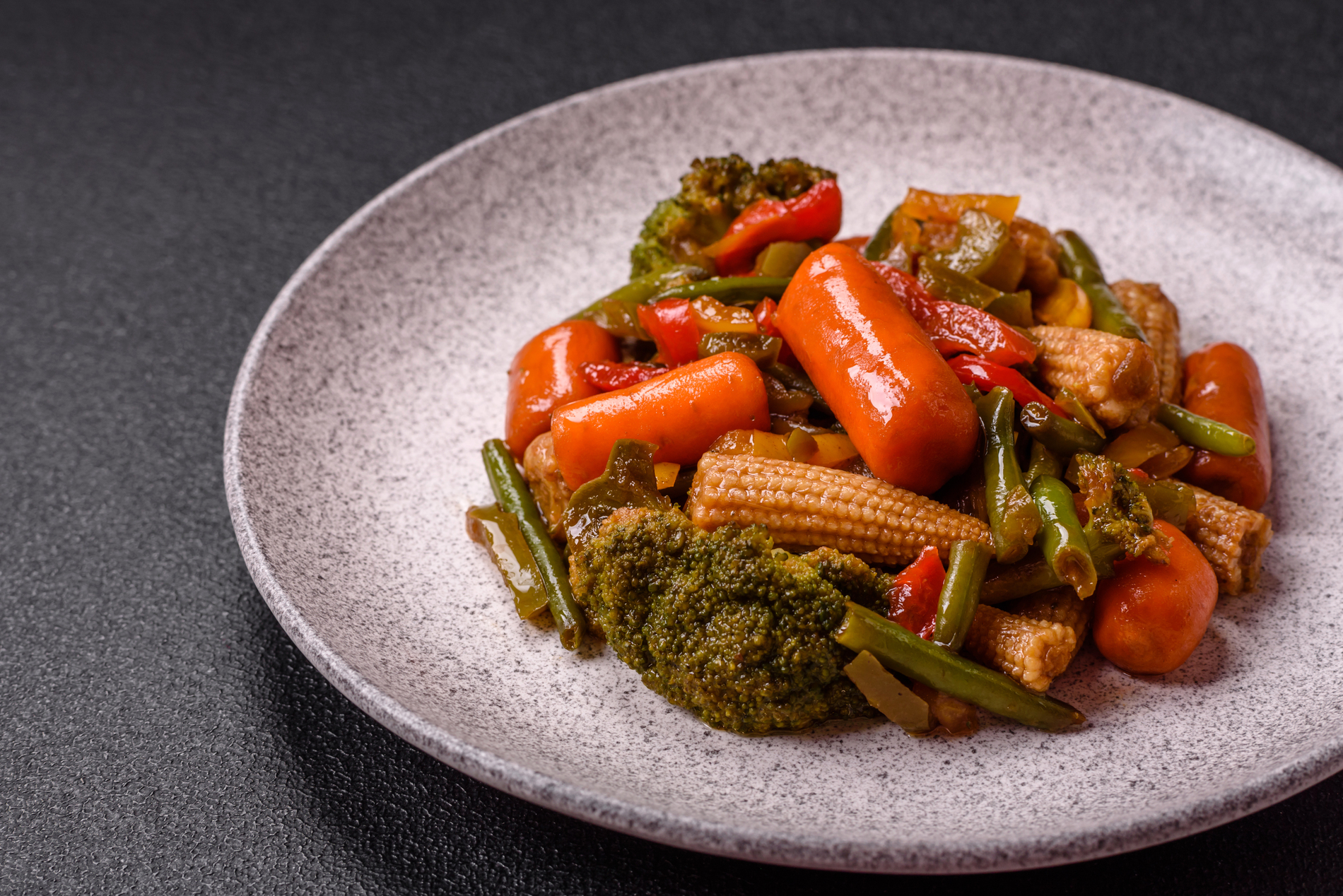
Those convenient frozen meals with veggies might look healthy, but many come drenched in creamy, cheesy, or buttery sauces. That adds unnecessary fat and sodium that takes away from the benefits of the veggies.
14. Artichoke Dip
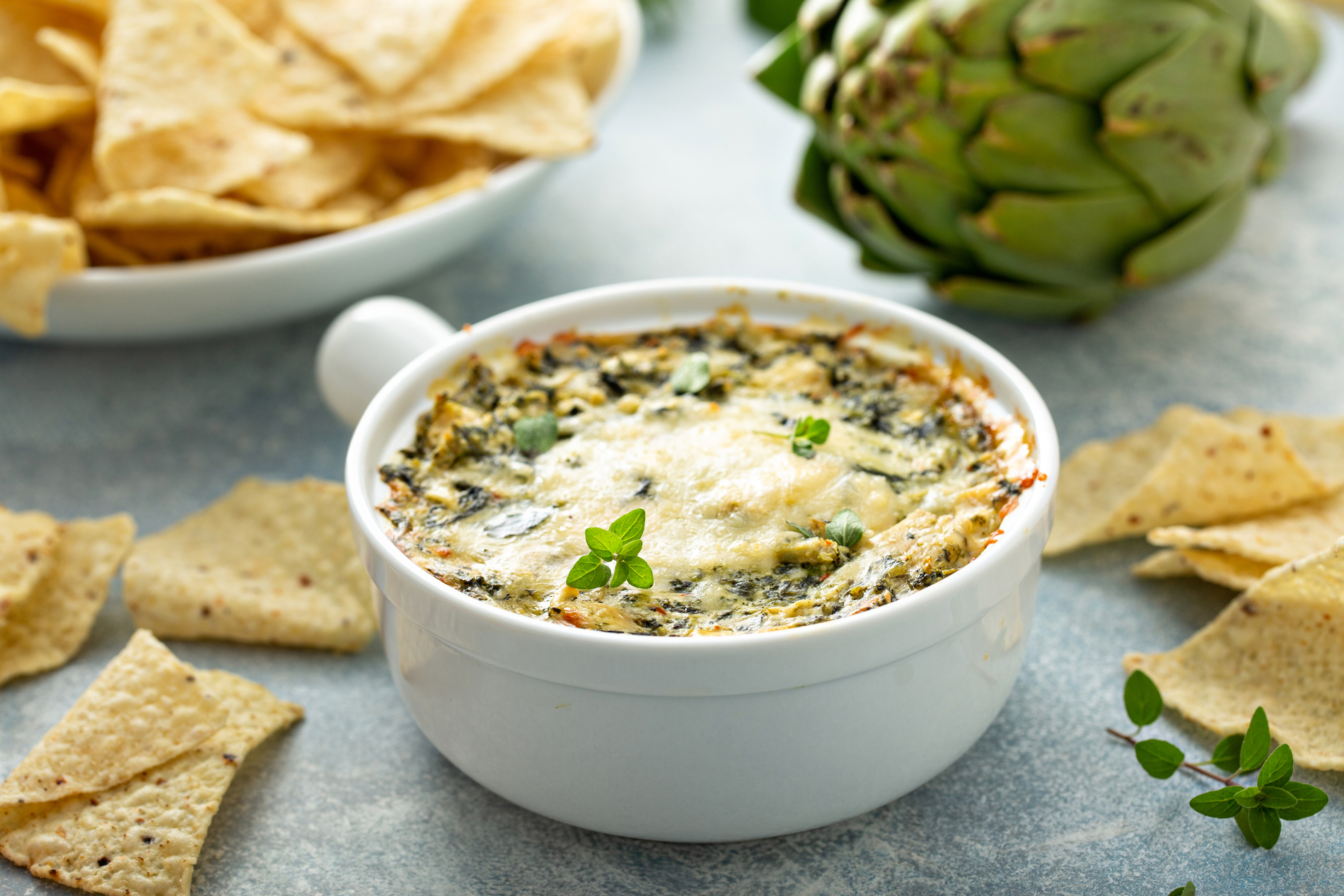
Artichokes are super nutritious on their own, but most people only eat them in creamy dips that are full of cheese, mayo, and sodium. The veggie becomes more of a background player than the star of the show.
15. Vegetable Chips
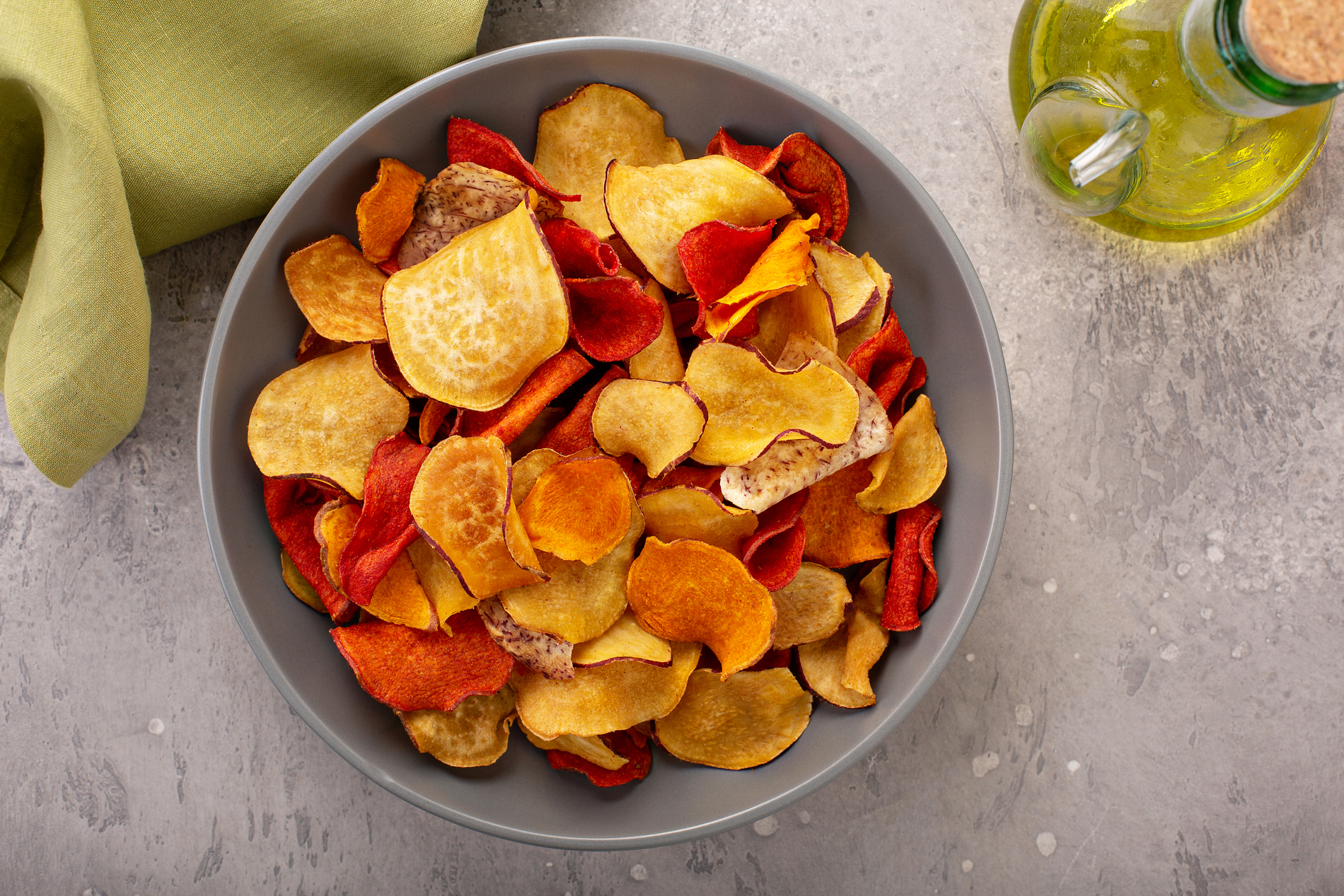
Don’t let the word “vegetable” fool you. These chips are often fried or baked with added oils and salt. They may seem like a better alternative to regular chips, but the nutrition gap isn’t as wide as you’d think.
16. Battered Zucchini or Mushrooms

These get ordered a lot at restaurants as a “healthier” side, but once they’re battered and fried, the veggie benefits pretty much disappear. You’re left with a greasy snack that’s just as heavy as fries.
17. Pickled Vegetables
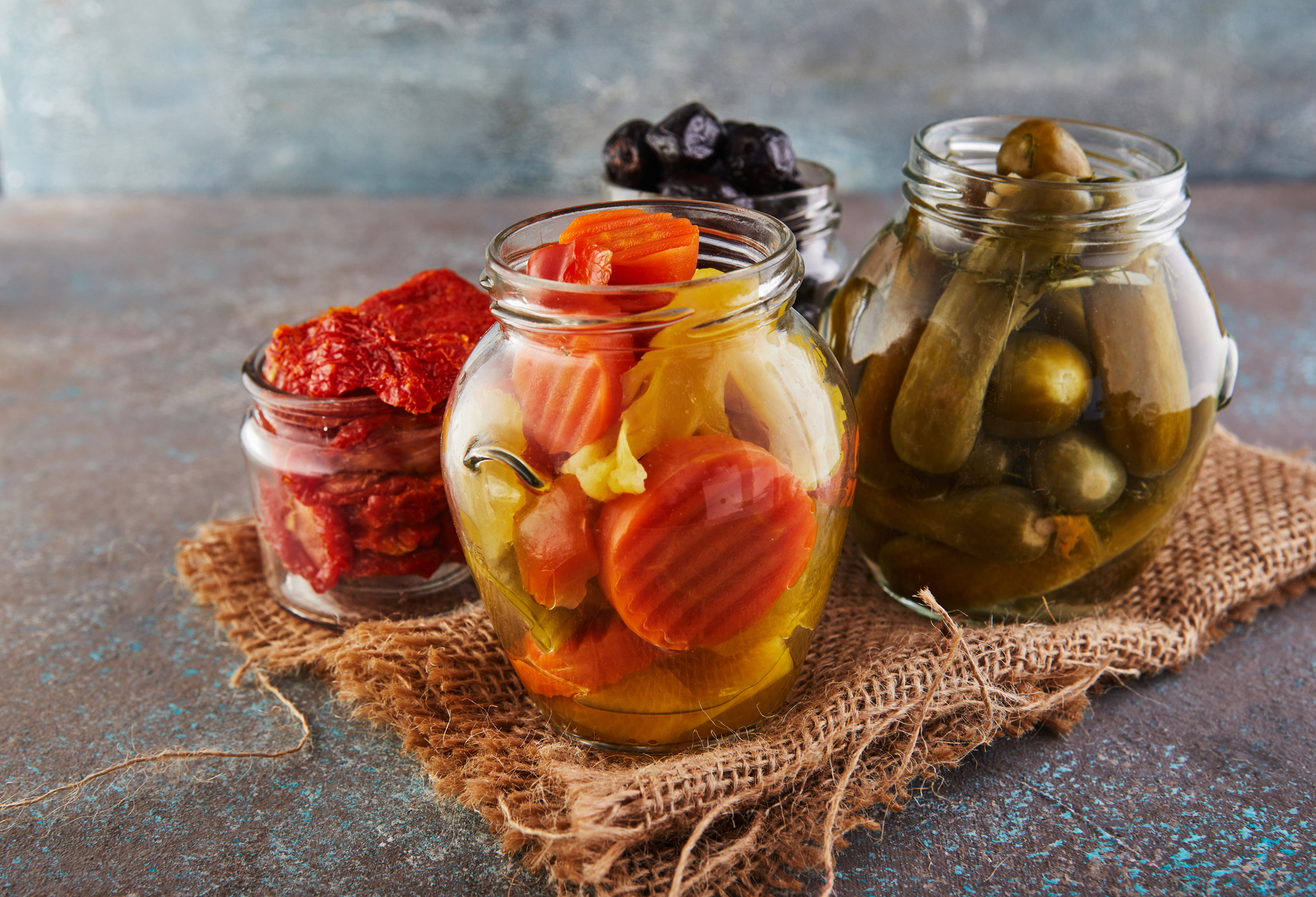
Pickles, pickled okra, and other brined veggies are low in calories but super high in sodium. Too much salt can cause water retention and blood pressure issues, especially when eaten regularly.
Wrapping Up
Not all vegetables are automatically healthy, especially once you factor in how they’re prepared or served. Choosing fresh, whole, and minimally processed versions gives you the most benefit. Keep the fried, sauced, and sugar-packed versions as an occasional treat instead of a daily habit.




